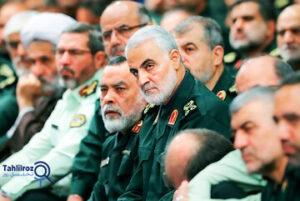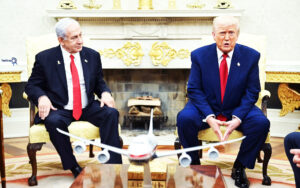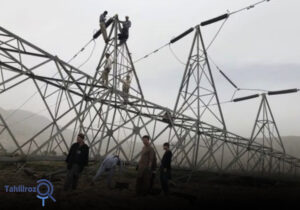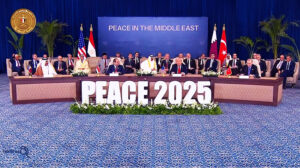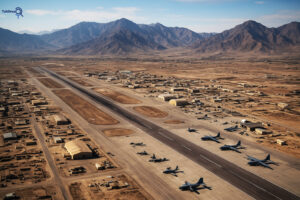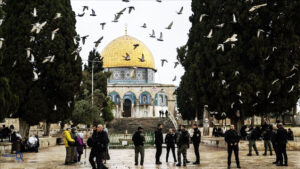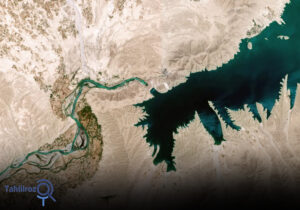Every year, millions of people from across the world set out on a journey unlike any other. They walk—sometimes for days—towards the holy city of Karbala in Iraq. This is The Arbaeen Walk, a pilgrimage that marks the 40th day after the martyrdom of Imam Hussein (AS), the grandson of the Prophet Muhammad (PBUH), who sacrificed his life in the Battle of Karbala for truth, justice, and the defense of human dignity.
Arbaeen is one of the largest annual gatherings in the world, yet it remains rooted in simplicity, humility, and humanity. It is a walk of love, not power; of unity, not division. In a world often fractured by politics, conflict, and inequality, Arbaeen has become a living symbol of peace and solidarity.
A Message That Transcends Time
The story of Imam Hussein is not confined to one time, place, or group of people. His stand against tyranny over 1,300 years ago is a universal lesson—reminding us that defending truth and standing against oppression are timeless duties.
The Arbaeen Walk keeps that message alive. It is not simply a religious event; it is a declaration that injustice will never be forgotten and that values like compassion, fairness, and courage can unite humanity.
The Arbaeen Walk; Millions Walking as One
What makes The Arbaeen Walk unique is the way it brings together people from all walks of life—rich and poor, men and women, young and old, Muslim and non-Muslim. Pilgrims travel from over 60 countries, speaking dozens of languages, yet walking side by side with one goal: to honor Imam Hussein.
On the roads to Karbala, differences disappear. People share meals, rest under the same tents, and offer each other comfort and encouragement. Along the way, Mawakib—volunteer-run service stations—offer free food, water, medical care, and shelter to all, without asking who you are or where you’re from.
This spirit of generosity is extraordinary. Strangers feed strangers, people help carry each other’s burdens, and kindness flows without limits. It is a living example of the world we all wish to see.

A Peaceful Answer to a Troubled World
The Arbaeen Walk is more than a religious duty—it is a global statement of peace. In an age where division is often louder than dialogue, millions of people walking together in harmony sends a powerful message: unity is possible.
Here, people don’t come to compete or to take; they come to give—time, effort, love, and respect. Arbaeen shows that faith, when lived with sincerity, can be a force for healing and bringing people together.
Why is Arbaeen Especially Important for Afghans?
For Afghans, Arbaeen holds a special and deeply emotional place in the heart. The message of Imam Hussein—resisting injustice, holding on to faith, and protecting human dignity—speaks directly to the experiences of a people who have faced decades of hardship and struggle.
A Journey of Sacrifice
Afghan pilgrims often face greater obstacles than most to attend The Arbaeen Walk. With no Iraqi consulate inside Afghanistan, many have to travel long distances—sometimes to other countries—just to secure visas. They often join organized groups, making the long trip through Iran before reaching Iraq.
For some, the cost is so high that they sell possessions, even livestock, to afford the journey. Yet these challenges only deepen the meaning of the pilgrimage. Walking in Karbala after such effort is not just a religious act—it’s a victory of faith over difficulty.

A Celebration of Identity and Community
In Afghanistan, Arbaeen is commemorated through gatherings, lectures, and cultural events. Religious scholars and community leaders speak about the lessons of Karbala and the importance of unity among Muslims. Even those who cannot travel to Iraq take part in processions, prayers, and acts of charity at home.
For Afghan Shia communities, Arbaeen is a moment to affirm identity and faith. For many Sunni Afghans, it is also a time to show solidarity and respect for the stand of Imam Hussein. This shared reverence becomes a bridge between different communities.
A Bridge Across Divides
Afghanistan is a diverse country, and unity is often fragile. But Arbaeen provides a moment where differences are put aside. In some cities, Sunnis and Shias walk together in processions or work side by side to provide food for pilgrims. This cooperation reflects the true spirit of Imam Hussein’s message—a reminder that justice and compassion belong to all humanity.
The Lasting Impact
The Arbaeen Walk is not just about reaching Karbala—it’s about what pilgrims carry back with them. They return home inspired to live with more kindness, more courage, and a deeper sense of responsibility to their communities. For the global Muslim Ummah, Arbaeen shows that unity is not an impossible dream. For Afghans, it is a reaffirmation of resilience, shared values, and the belief that even in times of hardship, faith and solidarity can light the way forward.
In the end, Arbaeen is more than a walk—it is a heartbeat of the Muslim world, echoing the call of Imam Hussein:
“Every day is Ashura, and every land is Karbala.”

Mohsen Shahrafiee


